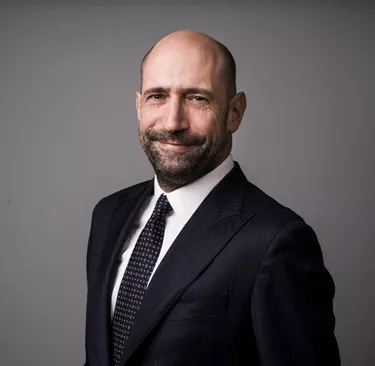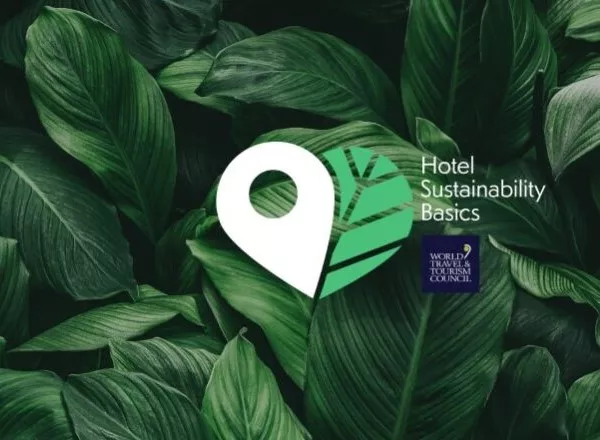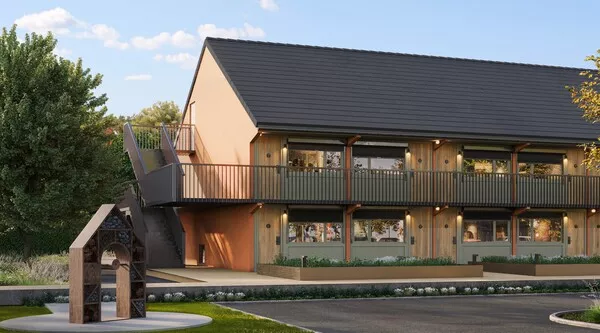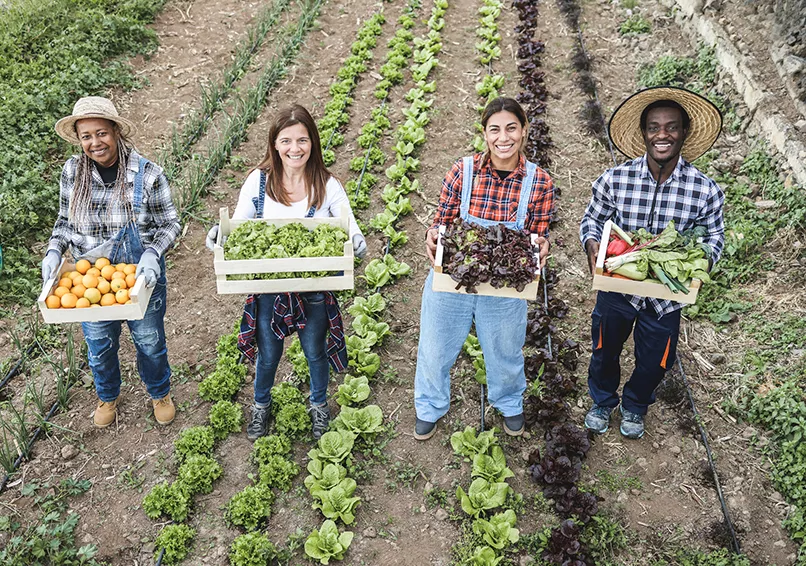
“Sustainable tourism has become an essential criteria for our clients: 80% of travellers state that travelling sustainably is important to them. It is the entire hospitality chain of value that we are transforming by engaging our teams, our clients, our partners and investors. Responsible for 11% of carbon emissions in the world, tourism is changing and Louvre Hotels Group wants to actively contribute to this historical transformation.”
Louvre Hotels Group collaborates with the World Travel & Tourism Council (WTTC) as part of the ‘Hotel Sustainability Basics’ initiative. Driven by Jin Jiang International, the aim of this industry-wide effort is to establish sustainable development benchmarks across hotels worldwide. To achieve certification, hotels must meet 12 environmental and social criteria categorised under three pillars: Efficiency, Planet, and People.

We have identified three key areas of focus and effort that are essential to our business sector:
1. Rethink our buildings to reduce their environmental impact, adapt them to climate change, and preserve biodiversity. This commitment notably involves cutting down on waste, energy and water use, and carbon emissions, with approved SBTi (Science Based Targets Initiative).
2. Build CSR awareness among Louvre Hotels Group stakeholders while establishing standards for adoption. Key actions to achieve this include training our staff and improving our suppliers’ sustainable development skills through our partner EcoVadis. We also work with innovative players such as TooGoodToGo to fight against food waste and Solikend to promote charitable donations.
3. Communicate on the Group’s actions via a sustainability report while reinforcing our brands’ commitment through the identification of their own CSR initiatives. Hotels are also encouraged and supported in the development of local initiatives, whether social or environmental.
Louvre Hotels Group is also a member of C3D (College of Directors for Sustainable Development).

We commit to use exclusively cage-free eggs by the end of the year 2025 . This commitment includes both fresh eggs and the eggs used to make egg product, and concerns all of the group’s brands worldwide. Here are the progress of the group on this topic :
At the group level, as of September 2024, 72,2%* of our global egg supply available to all our hotels come from cage-free sources.
- In France: In 2023, our purchasing platform offers 100%* of cage-free eggs references (code 1 and code 2).
- Rest of Europe: In Europe, more than 80%* of referenced eggs and eggs products of our purchasing platform are cage-free eggs (code 2, code 1 and code 0) Poland 95%*, Netherlands 95%*, Belgium 95%*, Germany 95%*.
- Rest of the world:
- In Africa, 25%* of supplies come from cage-free sources
- In Asia, 5%* of supplies come from cage-free sources
- In the Middle-East, 9%* of supplies come from cage-free sources
- In South America, 14%* of supplies come from cage-free sources.
The Group is working with its partners around the world to reach 100% cage-free eggs by the end of 2025.
We are committed to ensuring that by 2026, 100% of our chicken meat supply will come from farms that comply with all the criteria of the European Chicken Commitment (ECC). This commitment applies to all our establishments across Europe. In addition, in France at least 20% of these chicken meat volumes will come from farms t that meet the criteria and guarantee that the birds have access to free range or to a winter garden. Here are the progress of the froup on this topic :
- In France: 12%* of our chicken meat supply comes from farms meeting all the ECC criteria.
- In Europe: 10%* of our chicken meat supply comes from farms meeting all the ECC criteria.
We are working closely with our suppliers to meet our commitments.
For example, we have introduced a range of black chicken. This chicken comes from a rustic, slow-growing breed that complies with the ECC requirements. These chickens are raised for a minimum of 63 days in small groups, in traditional small barns with natural light and access to spacious outdoor areas. Their diet is GMO-free and composed of 100% plant-based ingredients, minerals, and vitamins, with at least 65% French cereals.
*Based on available data


